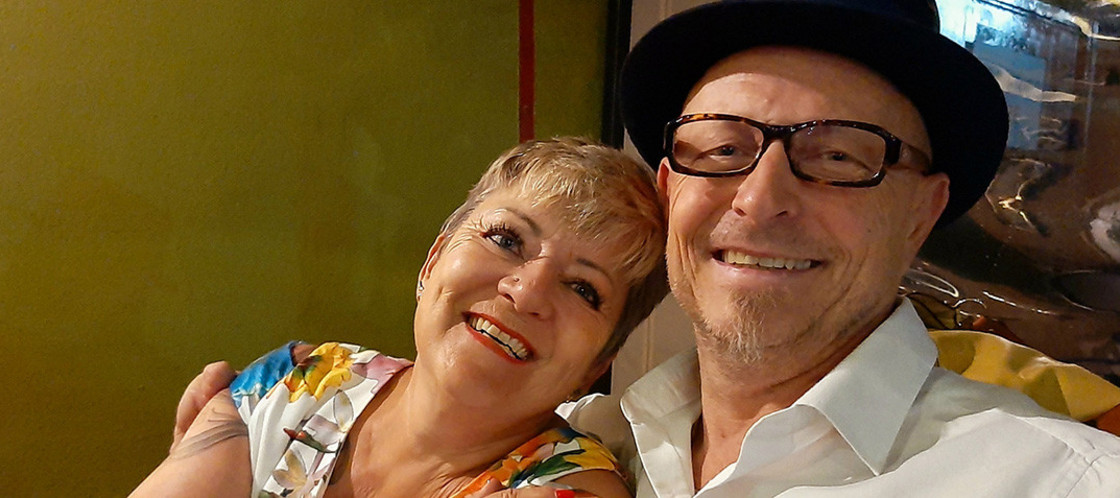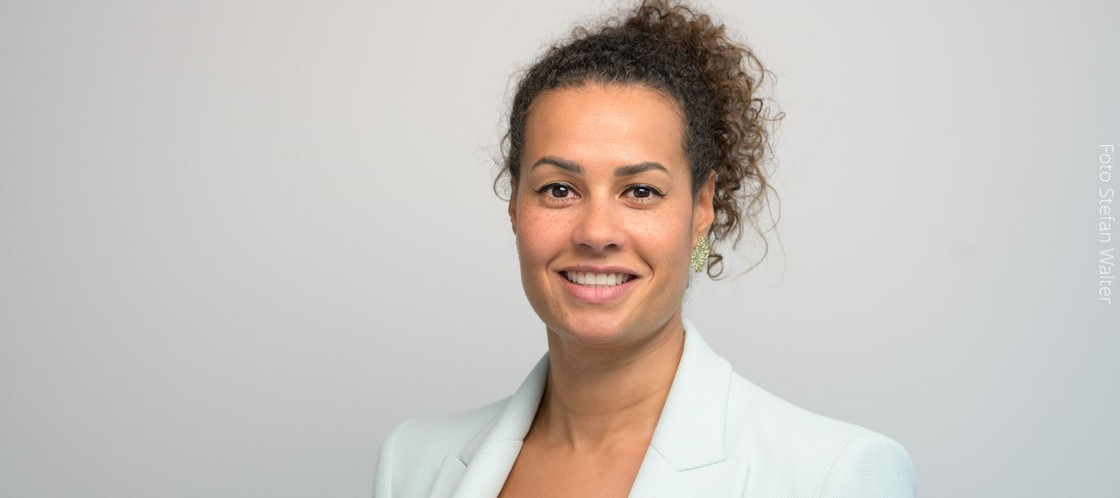
News Zürcher Kantonalbank August 2023
Leaving Switzerland: successful in South Africa
Meet Günter and Claudia Nerlich, the couple who did what many only dream of: Over 20 years ago, they emigrated to South Africa. Recently, they achieved another milestone – building their own zero-energy house which is independent of the electricity and water grid.
During the years, they have experienced a great deal and successfully built up a company. After 18 years in the city of Johannesburg, they embarked on a new project in the countryside. They built a house that is self-sufficient thanks to solar power and rainwater tanks – what is known as a zero-energy house. In the interview, the two give tips on successfully emigrating and how different cultures can become a success factor. In financial matters, they have relied on the Cantonal Bank of Zurich as well as the expertise of their advisor Vanessa Seidmann.
Mr and Mrs Nerlich, you have been living in South Africa for many years now. What ambitions have you achieved in the process?
Günter Nerlich (GN): We wanted to build a new life in a new country and find a new challenge for the second half of our lives.
What was the biggest hurdle in South Africa at first?
GN: Definitely the new languages. Apart from the indigenous ones, Afrikaans and English are the most important national languages. Until we emigrated, my wife and daughter only spoke German and no English. The new school system was also a big challenge for our daughter. It’s a huge change when you’re 13 years old. You also shouldn’t underestimate building up a new group of friends and a support network.
Everybody knows about the high crime rate in South Africa. How do you deal with that?
GN: It really is a big problem for South African society. But it doesn’t affect us personally on a day-to-day basis. The problem varies a lot depending on the situation and where exactly you are. But there are certain ways to act in these situations. After 18 years in Johannesburg we now live in Clarens, a quiet rural place in the east of the Free State where crime is not a serious challenge.
How do things compare to Switzerland in terms of banking?
GN: Banking in South Africa tends to be transaction-based, with an emphasis on mobile and internet banking. It’s certainly not the case that everyone banks the old-fashioned way. About 20 per cent of the South African population doesn’t have a bank account for various reasons. So a considerable portion of cash flows take place outside the banking system through other channels. But essentially, in terms of functionality the same technical options and products are available as in Switzerland.

Mrs Nerlich, together with your husband you successfully built up an IT company in a foreign country. What cultural differences did you notice in the process?
Claudia Nerlich (CN): People's cultural background, religious affiliation and level of education are very diverse here compared to back in Switzerland. Having the ability to master and utilise this diversity is a key success factor for a company. In the workplace in South Africa the attitude towards work and working hours is fairly relaxed, for example when it comes to punctuality. The Swiss may have invented the clock, but the Africans invented time – and time is sometimes a very relative concept. You can’t neglect the social aspect in a company either. So we like to fire up the braai (barbecue) on Friday during lunchtime and spend the afternoon enjoying food and drinks within the company. That keeps body, soul and team together. *laughs*
Do you have any tips on how to work successfully with other cultures?
CN: For us, unconditional respect and understanding for the cultural characteristics of the person you are dealing with are essential. If you have these, you will also manage to create a common working and corporate culture.
You are in the process of successfully completing an important project: building a ‘house zero’, a zero-energy house. This is a house that can cover its own energy needs. What were your motives for doing this?
CN: The energy and infrastructure situation in South Africa can be described as precarious. Here in Clarens, where we live, the water and electricity infrastructure is very dilapidated. Unfortunately, lack of maintenance, lack of investment and corruption over the last two decades have led to this decay. Also, we have wanted to put more sustainability into practice for a long time. In the future we intend to live off-the-grid, independent of public networks like electricity, water and so on.
What were the challenges, and how pleased are you now about what you have achieved?
GN: It's still a little bit up in the air what the new housing and living situation will bring for us. But we firmly believe that we will achieve our goal: more sustainability and independence through the use of new technologies. The biggest challenge remains finding the right partner to make a project like this happen. A construction project like this also takes much longer here in South Africa than to put up a conventional new building. You need to bear that in mind too.
What are the three most important tips you can give to other people emigrating to South Africa?
CN: First of all, don’t be afraid to come into contact with the country, its people and culture. Second, sometimes you need to forget Swiss perfectionism a little. Anything is possible if you are patient and relaxed. Third, hang in there! Things are always difficult to begin with.
Banking for Swiss citizens abroad: a piece of home

Ms Seidmann, what particularly attracts you to foreign business and how does Private Banking International differ from the Swiss business?
For me, it is the unique stories of our clients and their experiences with other cultures. I used to live abroad myself, in China and Hong Kong. When I talk to my clients, I always feel transported back to those wonderful and eventful times in my life. Our offering enables Swiss citizens abroad to keep a piece of home with them and stretches out a hand where most banks no longer do.
You also have experience with real estate projects. To what extent can you as a client advisor understand what the Nerlich family are undertaking?
First off you have a vision and the desire to get a little closer to your dream. But that’s not always enough. A project like this always involves a lot of emotion and time. Knowing that you have the right partners by your side – be it a construction company, craftsmen or even a bank to help finance the project – gives you the confidence you need to be able to look forward to the implementation stage and the final result.
Are you moving abroad? Let us use our expertise to make things easier for you. Tap here to find out more.

